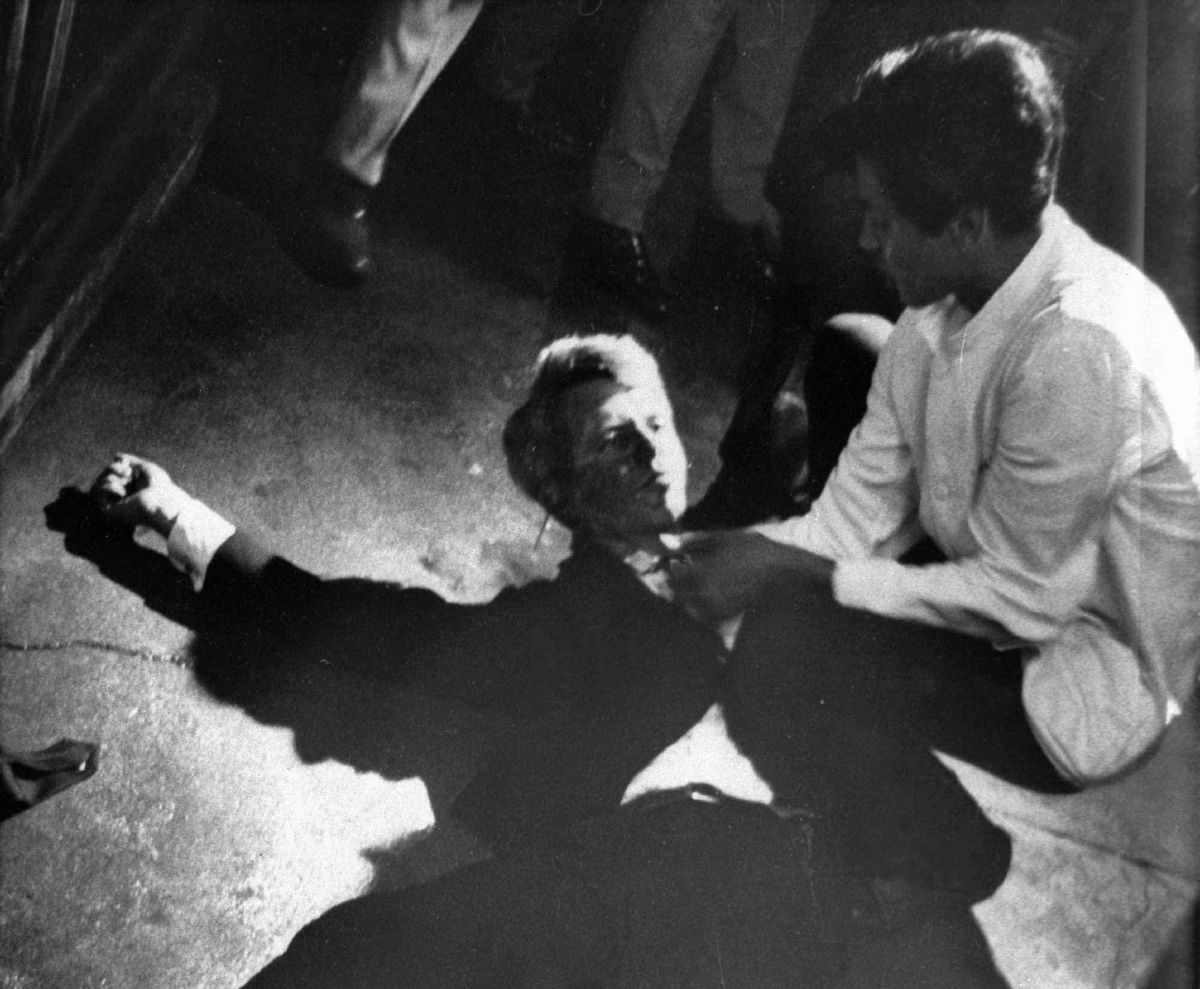Robert Kennedy Jr. backs 2nd-gunman theory in his father’s assassination

As the 50th anniversary of the assassination of Sen. Robert F. Kennedy approaches, conspiracy theories still abound. The latest to add his voice to those who believe there was a second gunman is the senator’s son Robert F. Kennedy Jr.
Sirhan B. Sirhan, a 24-year-old Palestinian immigrant, was arrested and later convicted of the shooting at the Ambassador Hotel in Los Angeles shortly after midnight June 5, 1968. Kennedy, a presidential candidate, was killed just after celebrating his victory in California’s Democratic primary.
Although Sirhan was captured at the scene with a .22-caliber handgun in his hand and later admitted that he shot Kennedy, new evidence has emerged over the years that suggests there may have been as many as 13 shots fired that night. Sirhan’s gun held only eight bullets. There has also been disagreement among experts over the years about whether some of the recovered bullets were fired from the same gun.
In a recent interview with the Washington Post, Kennedy’s son said he has conducted his own detailed research into the assassination and now believes there was a second gunman. He is calling for a new investigation. He also revealed that he visited Sirhan last December at the Richard J. Donovan Correctional Facility near San Diego.
“I got to a place where I had to see Sirhan,” Kennedy said. “I went there because I was curious and disturbed by what I had seen in the evidence.”
Kennedy, who was 14 when his father died, did not disclose what he and Sirhan talked about. But after their three-hour conservation, he concluded that there was a second gunman at the hotel the night of the shooting.
“I was disturbed that the wrong person might have been convicted of killing my father,” Kennedy told the paper. “My father was the chief law enforcement officer in this country. I think it would have disturbed him if somebody was put in jail for a crime they didn’t commit.”
Sirhan, now 74, was initially convicted of first-degree murder and sentenced to death for the crime, but his sentence was later commuted to life.